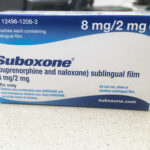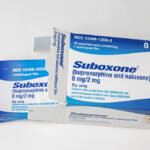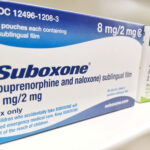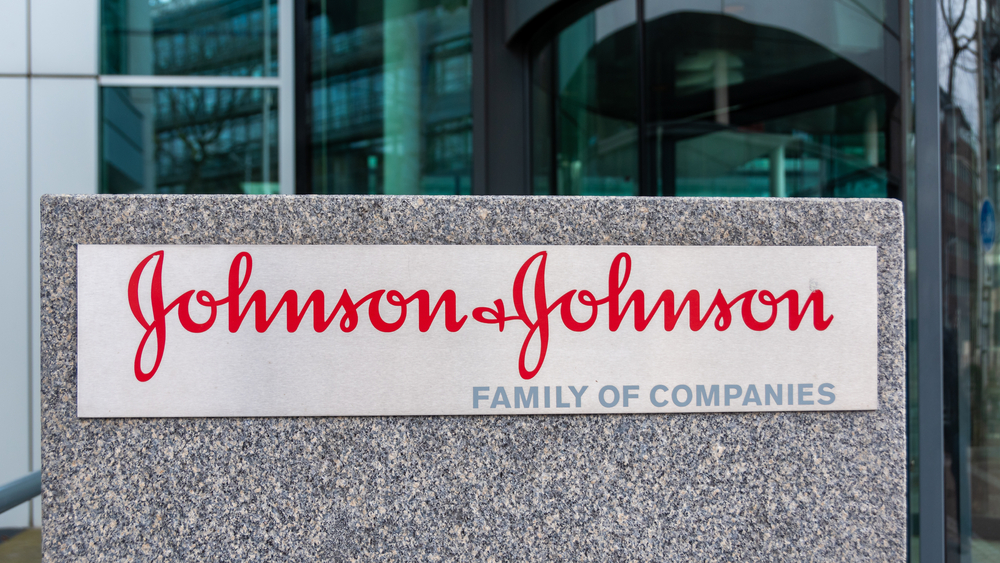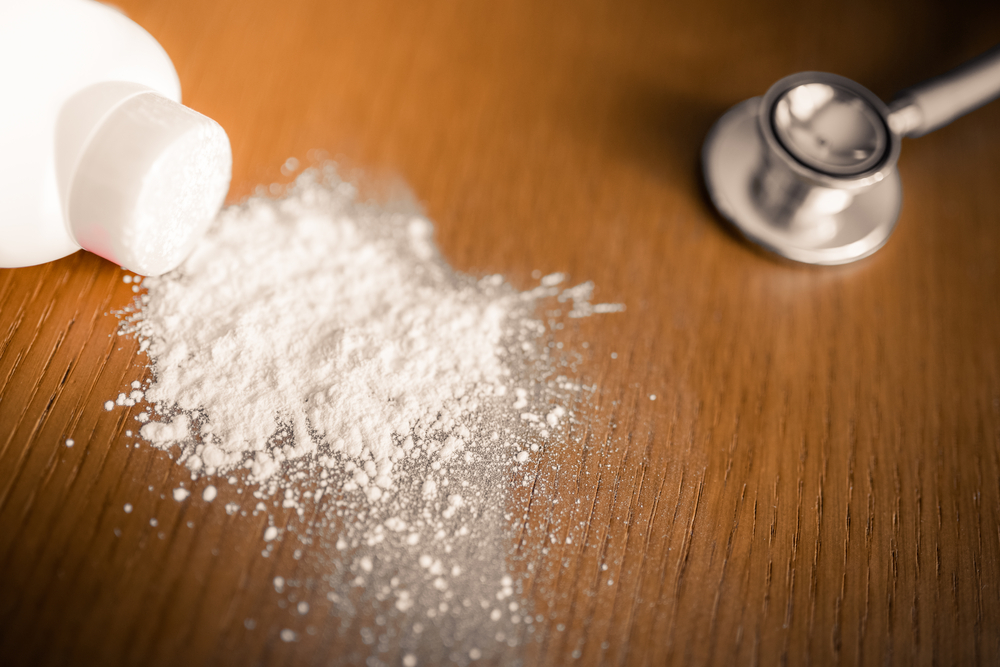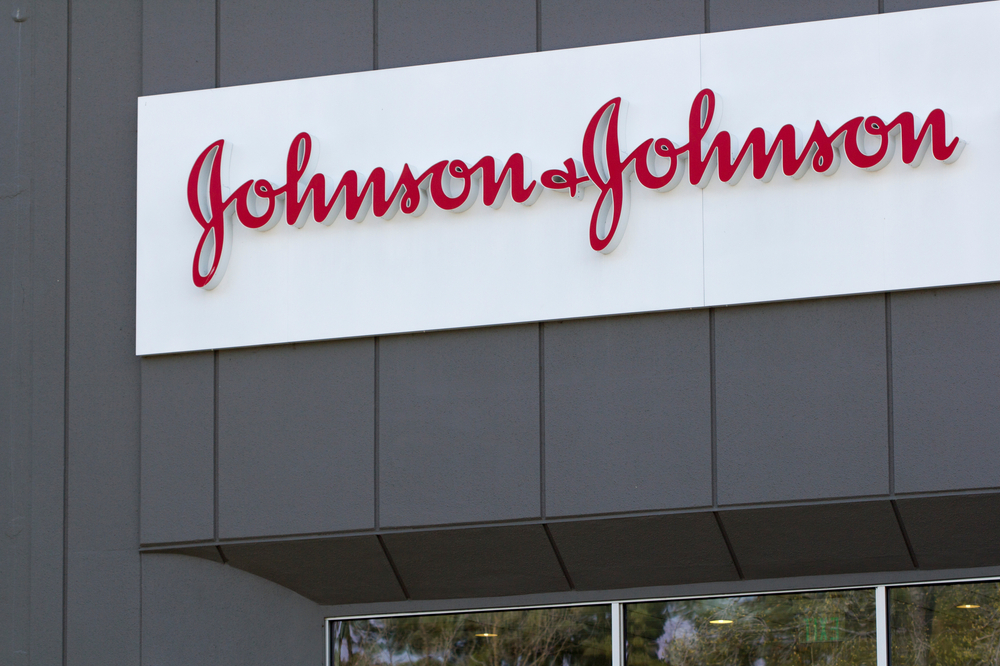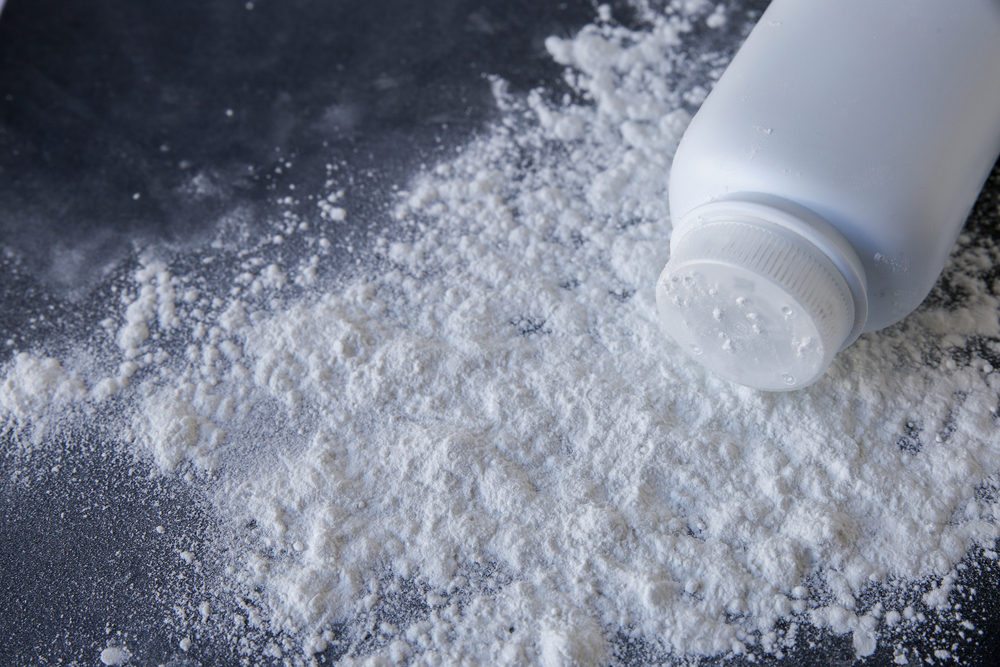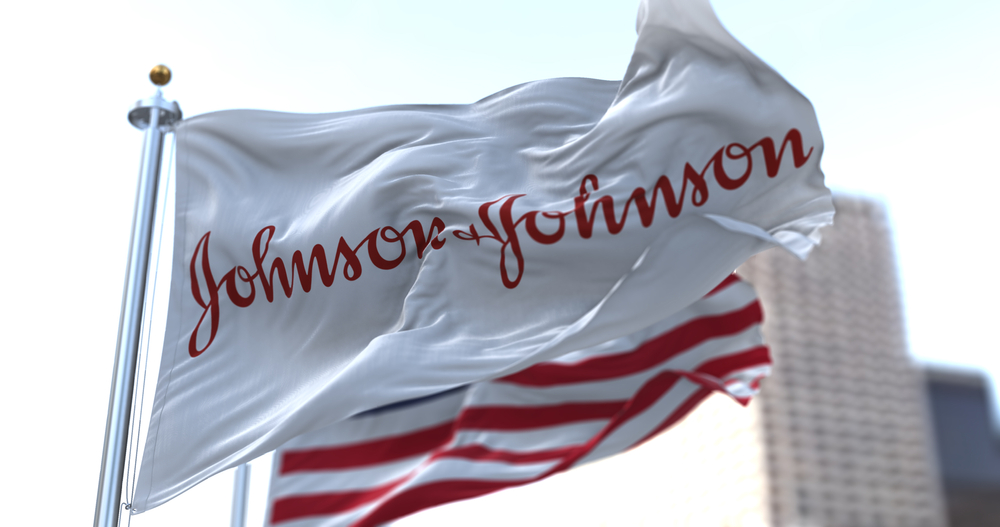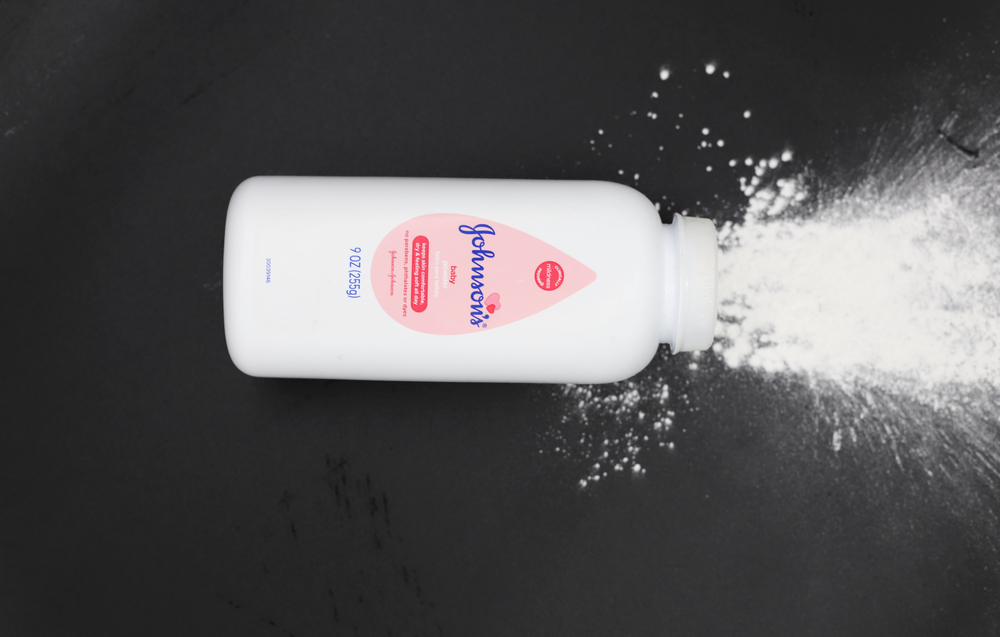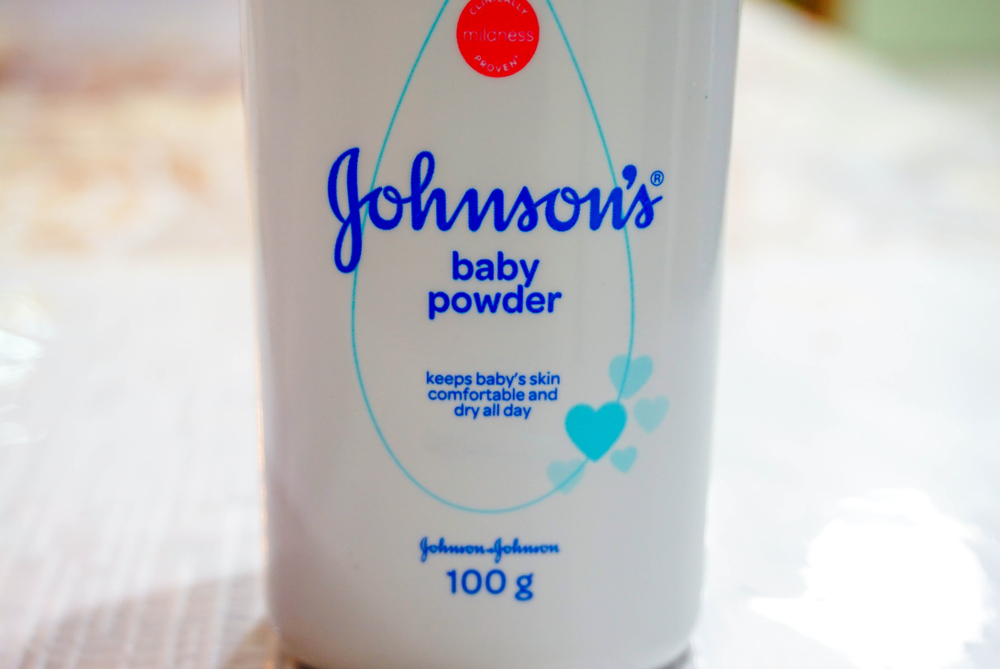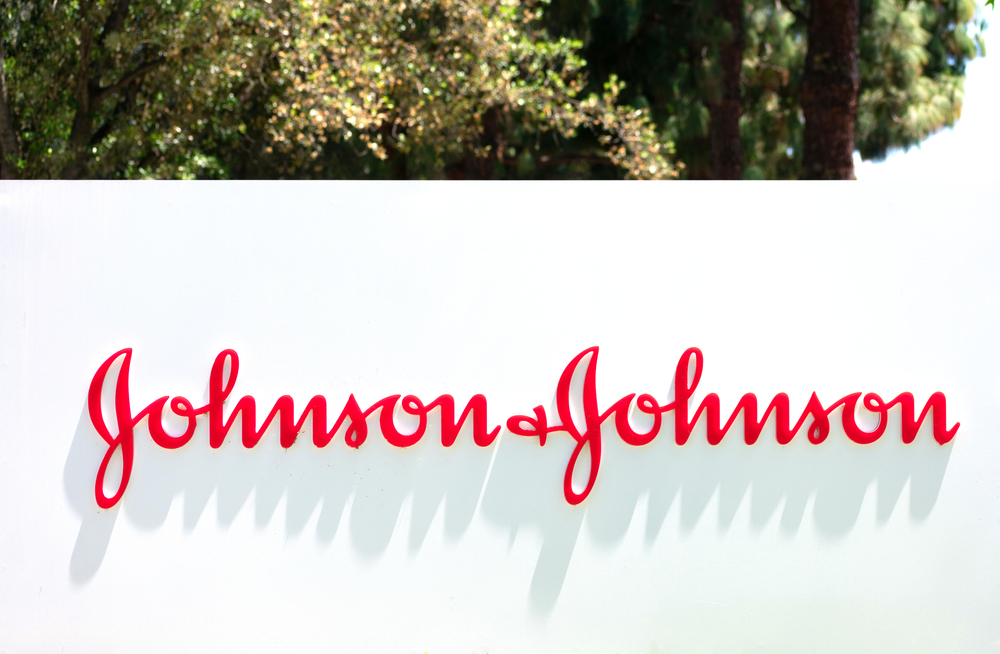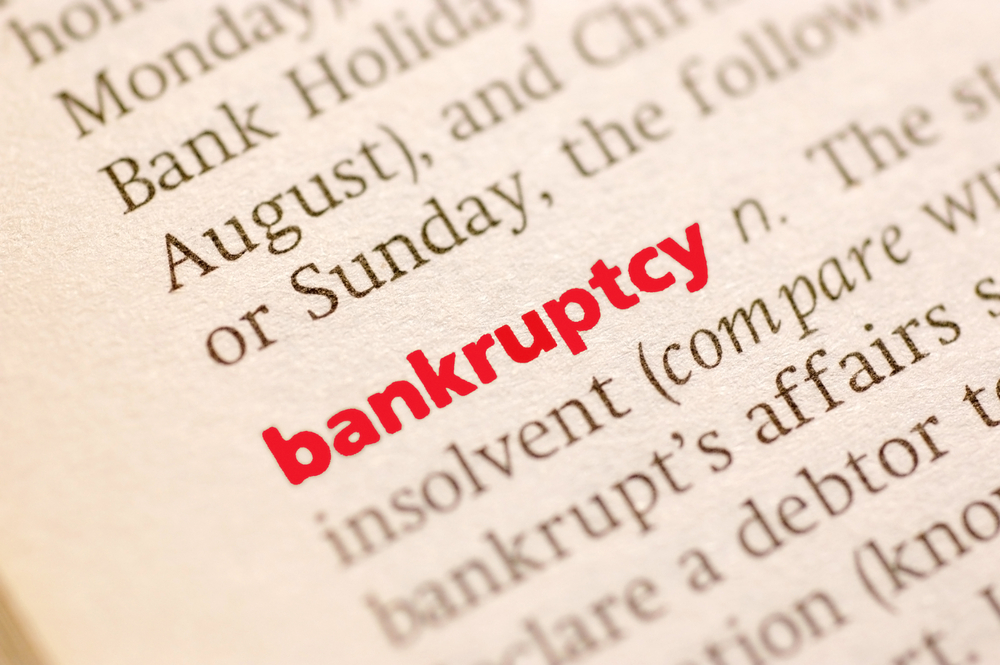Johnson & Johnson $2 Billion Baby Powder Verdict Appeal Rejected
The nation’s highest court refused on June 1 to hear an appeal from household giant Johnson & Johnson. $2 billion was awarded to women who sued the company over its classic talc products, claiming asbestos in the products gave them ovarian cancer.
Johnson & Johnson appealed the verdict, originally handed down as a $4.7 billion verdict in 2018 by a St. Louis jury but later reduced by a Missouri appeals court. They also claimed that consolidating the cases, a move made in New Jersey before the original verdict, confused the jurors, making it an unfair trial.
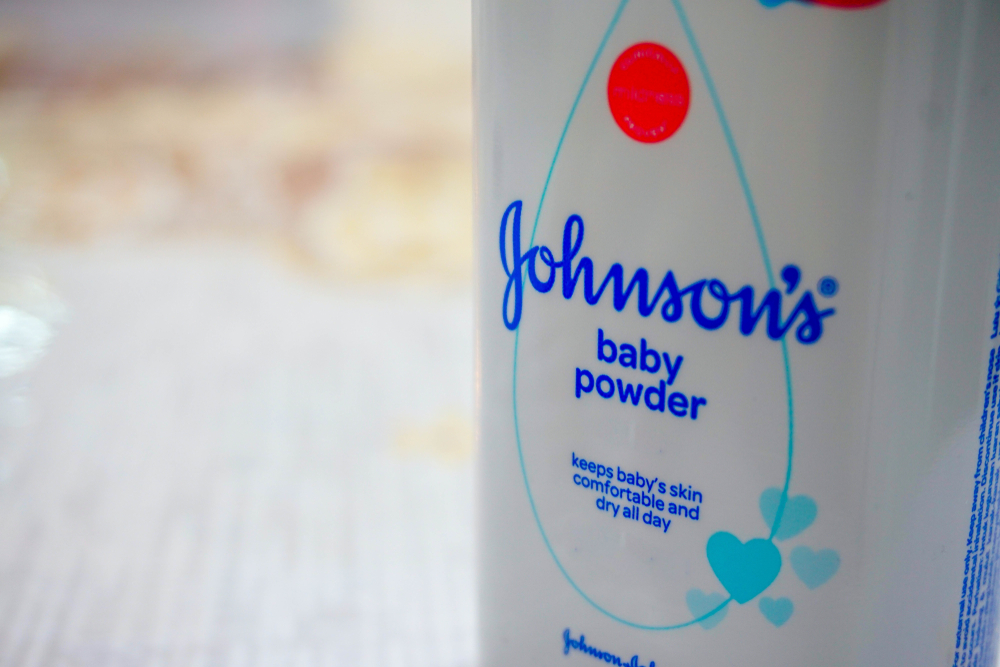
Supreme Court justices Brett Kavanaugh and Samuel Alito recused themselves from the decision due to conflicts of interest with Johnson & Johnson.
Twenty-two women with ovarian cancer who used Johnson & Johnson’s famous baby powder for years claimed the company did not disclose the presence of asbestos in the product. Jurors saw sufficient evidence supporting their claim, and asbestos is a known carcinogen. Talc and asbestos are often found in the same mines. In 2019 the U.S. Food and Drug Administration (FDA) confirmed the presence of the toxic chemical in Johnson & Johnson products.
Asbestos is most commonly absorbed into the body by breathing fibers released into the air, exactly what happens during baby powder use. The fibers become trapped in the mucous membranes and sometimes enter the lungs. They are very difficult to destroy, and once inside the lungs or other organs, they cannot be broken down.
Another rare form of cancer, mesothelioma, is linked with asbestos exposure. Thousands of lawsuits have been filed by those regularly exposed to it, such as textile workers and miners.
Johnson & Johnson is currently fighting thousands of similar lawsuits. The company has set aside almost $4 billion strictly to cover expenses related to those cases, but publicly maintains a belief in the safety of its products.
One woman who brought litigation against Johnson & Johnson was awarded $417 million by a Los Angeles jury in 2017, but the case was later overturned. The woman, Eva Echeverria, had used the baby powder daily for more than 40 years, continuing even after she developed cancer in 2007, not knowing the powder was the likely culprit. She passed away in 2017. There are many other examples of cases against the company that initially were won and later overturned.
A 2018 Reuters investigation found mention of undisclosed asbestos contamination in over 30 years of internal reports, despite a 1976 industry agreement to ensure asbestos-free products. And a New York Times report back in 2014 found hundreds of Johnson & Johnson documents stating executives’ concern about the safety of the baby powder. In May 2020, the company ended U.S. and Canadian sales of its baby powder due to what they claimed was pandemic-related low demand and public safety misinformation.
The women’s legal team includes some high profile names: former Attorney General John Ashcroft of the G.W. Bush administration and Kenneth Starr, former Solicitor General under President Donald Trump. Johnson & Johnson’s team retained Neal Katyal, President Barack Obama’s solicitor general and a member of the prosecution in the George Floyd case.

